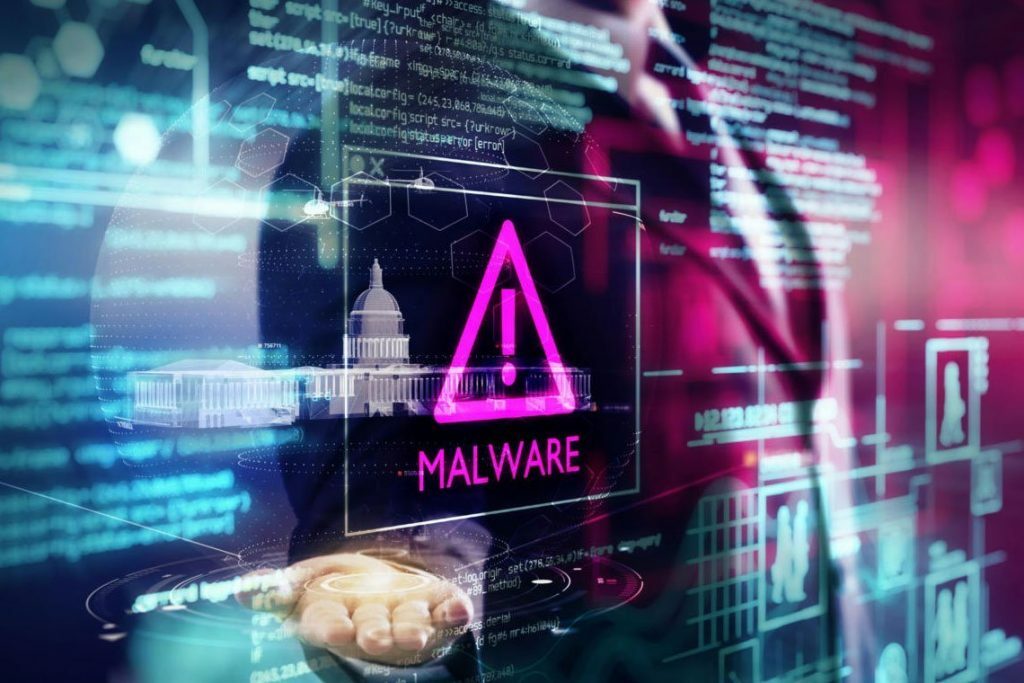Malware and COVID-19
Hackers are always trying to capitalize on major disasters and events. So with the onset of the global health emergency, COVID-19, another threat has emerged – coronavirus themed apps, emails, unsafe maps that detect the prevalence of the virus, etc. Given that COVID19 is currently a major global threat and everyone wants to monitor the movement of it, it is no wonder that many people fall into this trap of unreliable viral sources. No matter if it is a virus, ransomware, malicious domains or worms, consequences could be devastating.
In a sea of fake news and unsafe sources, one must always think and act critically. However at the time of the pandemic like this, when old habits are forgotten and new ones are being created, it is not uncommon for people to become victims of malware attacks. Over the past few months, hundreds of different criminal acts have been spotted with millions of fake emails sent that are using phrases as `COVID-19`, `coronavirus`, `WHO` to trick people into opening it. (Morrison, 2020) At the moment, it is not possible to determine how much damage these emails have caused. Cybersecurity experts say the rise in COVID-19 related attacks has been the worst one seen in the last few years. (Azzara, 2020) Cybercriminals use English, French, Italian, Japanese and Turkish to attack individuals and/or industries, including transport and healthcare, insurance companies, factories, etc. Therefore, it is apparent why these cybercriminal acts are threatening to people and their safety.
To be specific, doctors and medical staff may accidentally open the aforementioned emails if they see that they are related to COVID-19. It`s a pandemic and they have one of the most important jobs for humanity at the moment – so they would open emails as they are genuinely concern and want to find out if it has any relevant, important or helpful information. Unfortunately, situations that pose one of the greatest threats to hospitals and healthcare organizations can occur if medical devices or services are hacked. Consequences would be terrible. Patients would lose reliable access to their PCSs, and they wouldn`t be able to make medical decisions or even get treatment. Additionally, many medical devices that are connected to the heart or lungs – pacemakers, defibrillators, CT scanners, such as MRIs – could be damaged if they are connected to the internet (IoT). (Freeman, 2018) Malicious software can lead to horrifying consequences as the world struggles to overcome this crisis.
Besides hospitals, many businesses and industries are under attack of coronavirus related malware. If that happens, not only that personal information of business owners and managers get filtered out, but possibly their business data and all sorts of sensitive information. To make the situation worse, unauthorized access can be gained on the client`s data. Not to mention that clients could react furiously and that can lead to possible business`s financial losses, legal costs and additionally, loss of reputation. At the moment, it would be too chaotic – for both owners and clients – to have this situation happen.
Any institution or company can become a target of a malware attack. Therefore, it is necessary to be careful, especially now when people are feeling unsafe and scared more than ever. That`s why it is very important to protect your business on time, so it can run smoothly in the time of a crisis as it is before
References
Azzara, M. (2020, March 25). Coronavirus Phishing attacks speed up globally. Retrieved from mimecast: https://www.mimecast.com/blog/2020/03/coronavirus-phishing-attacks-speed-up-globally/
Freeman, G. (2018, November 1). Hacked Medical Devices Can Threaten Patient Safety. Retrieved from Relias Media: https://www.reliasmedia.com/articles/143488-hacked-medical-devices-can-threaten-patient-safety
Morrison, S. (2020, March 5). Coronavirus email scams are trying to cash in on your fear. Retrieved from Vox: https://www.vox.com/recode/2020/3/5/21164745/coronavirus-phishing-email-scams









